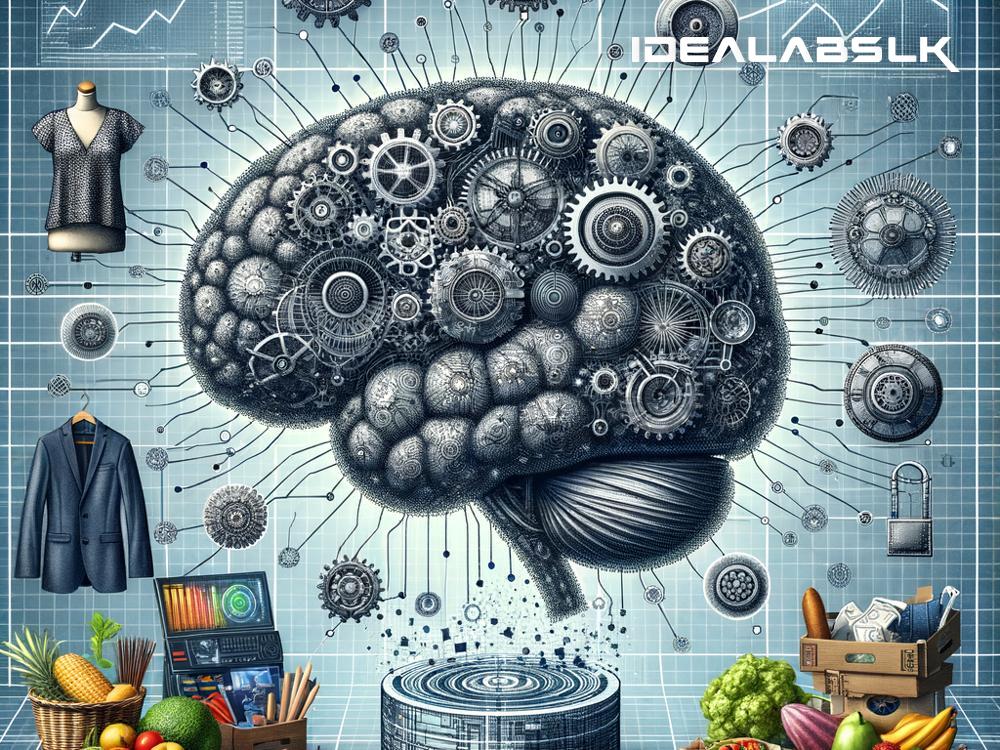How AI is Changing the Game in Predicting Product Trends
In today's fast-paced market, staying ahead of product trends can be the difference between success and failure for businesses. Thankfully, Artificial Intelligence (AI) has emerged as a game-changer in predicting these trends. But how does AI work in this futuristic fortune-telling? Let's break it down into simple English.
Understanding AI
Before diving into its role in predicting product trends, let's get a basic understanding of what AI is. Imagine AI as a very smart robot that learns from experiences, similar to how humans do. But unlike us, it can process vast amounts of information in the blink of an eye and keep improving over time. This ability makes AI extremely powerful in analyzing market trends and making predictions.
The Magic Behind AI Predictions
-
Data Gathering: The first step in predicting product trends using AI is collecting a massive amount of data. This data can come from various sources like social media, online shopping patterns, search engine queries, and more.
-
Pattern Recognition: Once the data is collected, the next step is pattern recognition. This is where AI shines. It analyzes the data to identify patterns and trends. For example, if a particular style of sneakers is getting a lot of attention on social media, AI can pick up on that trend.
-
Learning from the Past: AI doesn't just look at what's happening now; it also learns from past trends. By understanding what products became popular in the past and what factors contributed to their popularity, AI can make educated guesses about what might become popular in the future.
-
Making Predictions: With all the information gathered and analyzed, AI can predict which products are likely to become hits. These predictions can be incredibly detailed, not just about the type of products but also about colors, features, or even specific designs that are likely to trend.
Why Is AI-Driven Prediction Powerful?
-
Speed: AI can analyze data and identify trends much faster than any human team, giving businesses a significant advantage in timing their product launches and marketing strategies.
-
Accuracy: Because of its ability to process vast amounts of information and learn from past trends, AI's predictions are often more accurate than traditional forecasting methods.
-
Unbiased Decisions: AI makes predictions based on data, not gut feelings or personal preferences. This can help businesses make more objective decisions about which products to focus on.
Real-World Applications
Let's look at how businesses are using AI to stay ahead of the curve.
-
Fashion Industry: Fashion brands are using AI to predict future fashion trends, helping them decide which styles, colors, and materials will be in demand.
-
Technology Sector: Companies are using AI to predict the next big tech gadgets, from smartphones to smart home devices, ensuring they meet consumer demands.
-
Entertainment: Streaming services like Netflix use AI to predict which genres or types of content will become popular, helping them decide what shows or movies to produce.
Challenges and Considerations
While AI offers incredible opportunities for predicting product trends, it's not without its challenges. Issues of data privacy, the need for diverse data to avoid biased predictions, and the constant change in consumer behavior are some considerations businesses need to manage.
Future Prospects
Looking ahead, the role of AI in predicting product trends is expected to grow even more. As AI technology improves and becomes more integrated into business operations, its predictions will become even more accurate and valuable. This could lead to a future where businesses can almost perfectly anticipate market trends, significantly reducing the risks associated with launching new products.
In Summary...
AI is revolutionizing the way businesses predict product trends. By analyzing massive amounts of data and identifying patterns, AI can make highly accurate predictions at an unprecedented speed. This not only helps businesses stay ahead of the curve but also allows for more objective and data-driven decision-making.
As we move forward, AI's role in forecasting trends will only become more significant, offering fascinating opportunities for businesses willing to embrace this technology. In a world where market trends change at lightning speed, AI might just be the crystal ball businesses need to stay competitive and innovative.

